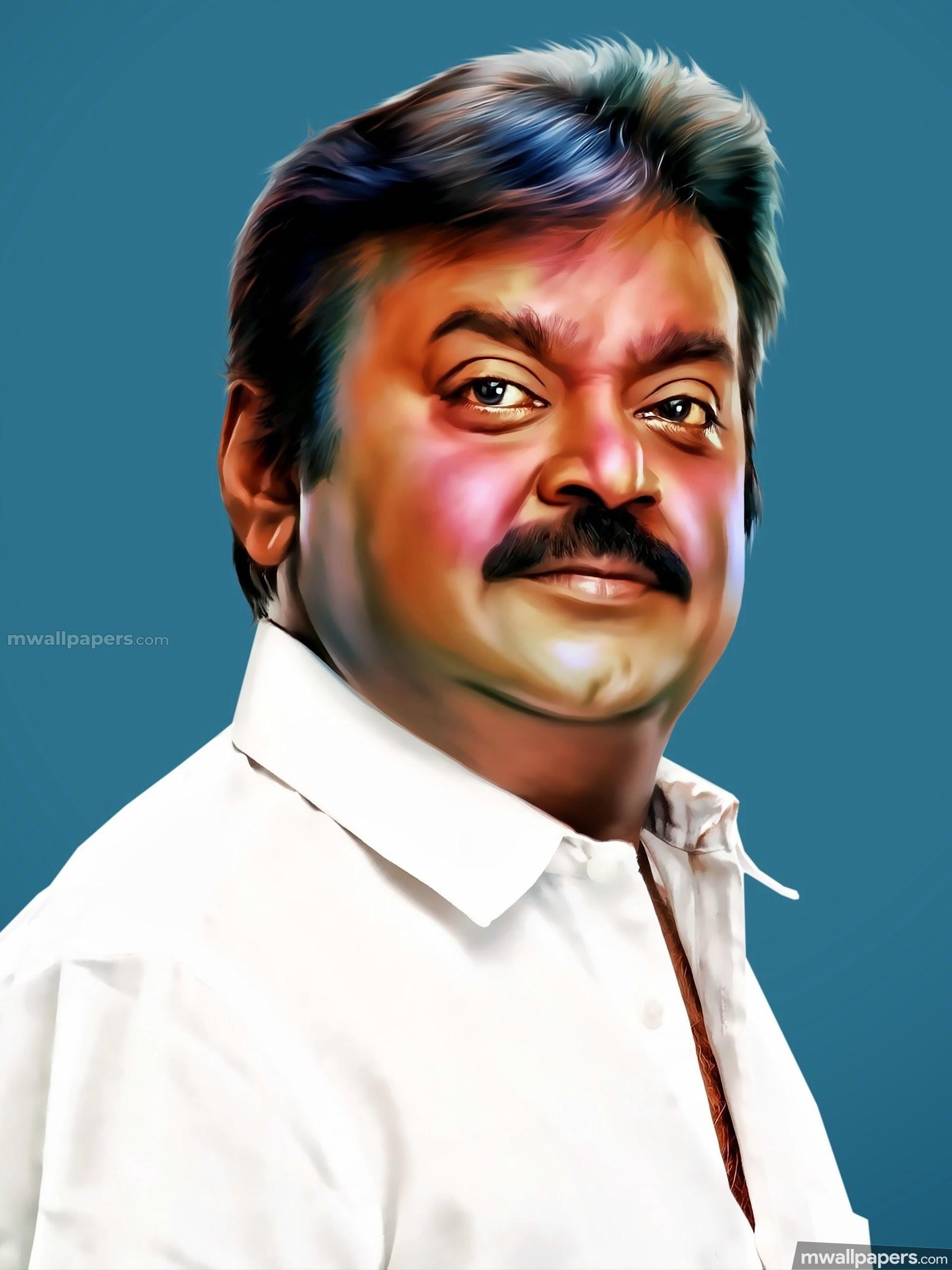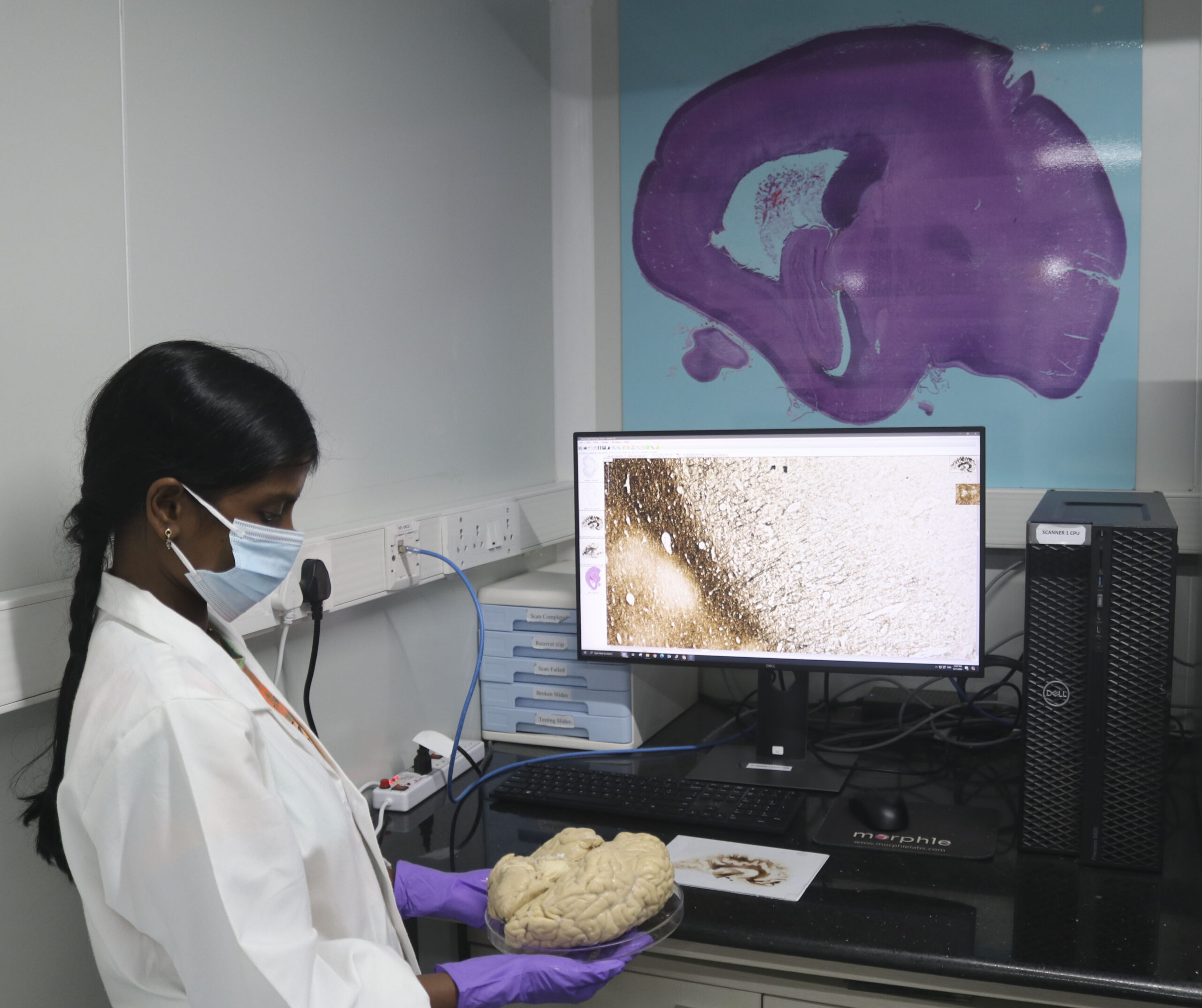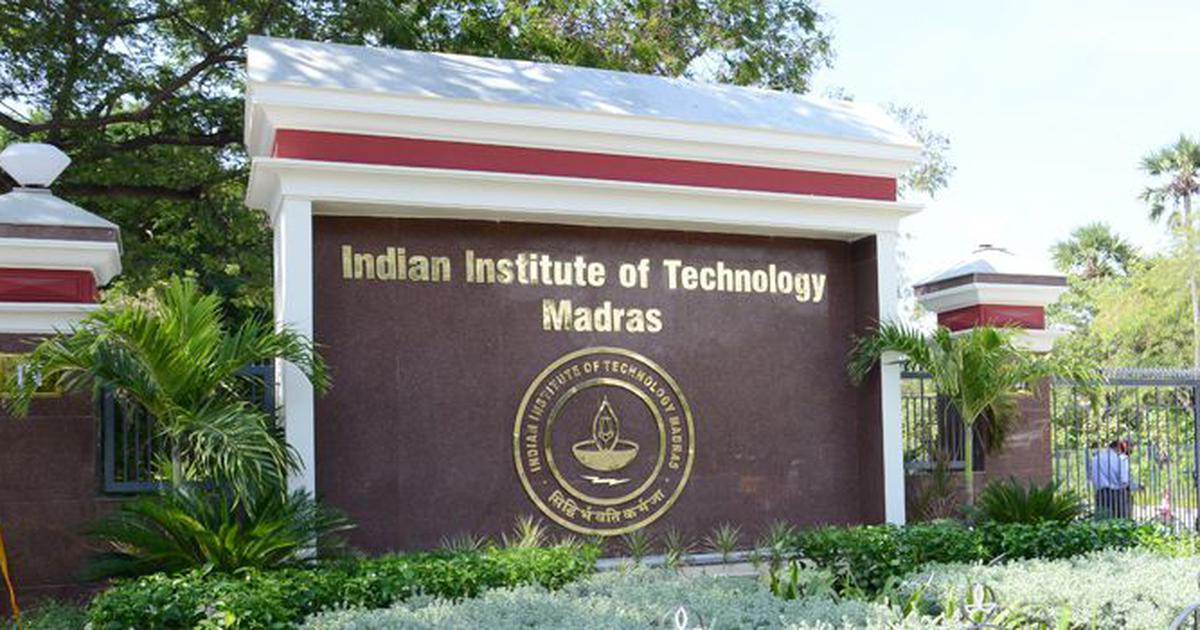Saying nice things about the dead is an annoying convention. Hence, as far as obituaries go, the less said, the better – for it’s simply gets boring beyond a point. But, the life of actor-politician ‘Captain’ Vijayakanth, who passed away at 71 on Thursday, has been be anything but mundane. Be it his meteoric rise in Tamil cinema at a time when Rajinikanth and Kamal Hassan ruled over the Kollywood box office or his even grander success as a politician which even Rajini or Kamal have failed to attain, at least not yet, Vijayakanth’s life can only be described as astonishing.
Born as Vijayaraj Azhagarswami on August 25, 1952 in Madurai, Vijayakanth made his acting debut in 1979 with the film ‘Inikkum Ilamai’ in which he played the role of a villian. However, the dark and handsome young man could not remain an antagonist for long and established himself as a bankable star playing the role of a rustic, lovelorn fisherman in Doorathu Idi Muzhakkam (1980), a movie that is still loved by music aficionados for the entrancing number Ullamellam Thalladuthe rendered by Jayachandran and S Janaki. Vijayakanth tasted his first big success with the film Sattam or Irrutarai in the direction of SA Chandrasekhar in 1981 and hasn’t looked back since. He carved a niche for himself by starring in numerous successful Tamil films throughout the 1980s and 1990s, often depicted as a righteous, valorous man who fought injustice single-handedly.
While the 100th film is special for any actor, for Vijayakanth, the 100th film turned out to be a game changer. Captain Prabhakaran, which released in 1991 and was loosely inspired by Sandalwood smuggler Veerappan’s life played by Mansoor Ali Khan with Vijayakanth playing the role of the officer who nabs him, turned out to a blockbuster hit and earned Vijayakanth the moniker ‘Captain’, which eventually became the man’s identity later in life.
Some of his notable movies include Chatriyan, Chinna Gounder, Pulan Visaranai, Vaidehi Kathirunthal, Amman Koil Kizhakale, Poonthota Kavalkaran, Vanathai Pola and Ramana among others.
Some of his notable movies include Chatriyan, Chinna Gounder, Pulan Visaranai, Vaidehi Kathirunthal, Amman Koil Kizhakale, Poonthota Kavalkaran, Vanathai Pola and Ramana among others. Despite his success as a romantic hero, Vijayakanth earned critical acclaim and a strong fan base mainly for his portrayal of action-oriented and socially conscious characters. Vijayakanth is also among those few stars who continued to act despite achieving success in politics.
Vijayakanth’s political journey began in 2005 when he founded the Desiya Murpokku Dravida Kazhagam (DMDK) party at a time when the political landscape in TN was completely under the control of the AIADMK and DMK just as Kollywood was by Rajini and Kamal when he debuted in cinema.
With the aim of bringing about a positive change advocating for the rights of the people, and a promise of providing a corruption-free government which neither the AIADMK nor DMK could claim at the time, Captain gained quick attention and support due to his popularity as a successful actor and his offscreen persona as a philanthropist.
In the 2006 Tamil Nadu Legislative Assembly elections, the DMDK contested alone in all the 234 constituencies for which elections were held and secured over eight per cent of the total vote share with Vijayakanth winning from Vriddachalam constituency by a comfortable margin.
In the 2006 Tamil Nadu Legislative Assembly elections, the DMDK contested alone in all the 234 constituencies for which elections were held and secured over eight per cent of the total vote share with Vijayakanth winning from Vriddachalam constituency by a comfortable margin. This victory marked the beginning of his career as a legislator.
In the following Lok Sabha elections held in 2009, Vijayakanth’s DMDK managed to get a vote share 10.3 per cent without allying with any party proving yet again that the party’s success in the 2006 elections was no fluke.
However, it was the 2011 Tamil Nadu Assembly elections that turned out to be a turning point for the DMDK and Vijayakanth. The leader, who was fondly known as the ‘Dark MGR’ and seen as an alternative to M Karunanidhi and Jayalalithaa, compromised his independent political journey and allied with the AIADMK. While the party won in 29 seats as part of the AIADMK alliance, Vijayakanth soon parted ways with the AIADMK and the DMDK became the principal Opposition party in the TN Assembly for the next five years. Vijayakanth, who won from the Rishivandiyam constituency, became the Leader of Opposition in the state assembly.
Vijayakanth vocally criticized the ruling government and advocated for various issues concerning the welfare of the people during his term as Opposition Leader and continued to gain support from a segment of the electorate who still saw him as a potential alternative to the established political parties.
However, in the following years, Vijayakanth’s political influence waned, and the DMDK struggled to maintain its earlier successes. Despite attempts to form alliances with major political parties, the party faced setbacks in elections, leading to a decrease in its political prominence. The party, which once graced the Opposition benches, was reduced to an insignificant vote share of just 0.43 per cent in the 2021 assembly elections (1.68 per cent proportional vote share).
Be it struggling artistes and technicians in the film industry, or ailing family members of party workers, or just anyone who approached his office in Koyambedu seeking help, Vijayakanth always had something to offer.
Despite the phenomenal success ‘Captain’ Vijayakanth managed to achieve as an actor and a politician, he will always be known as that man who never let go of an opportunity to help others. Be it struggling artistes and technicians in the film industry, or ailing family members of party workers, or just anyone who approached his office in Koyambedu seeking help, Vijayakanth always had something to offer.
He will also remain as the only actor-politician who never minced his words irrespective of whether DMK or AIADMK was in power and yet remained much sought after by both parties come election-time.



